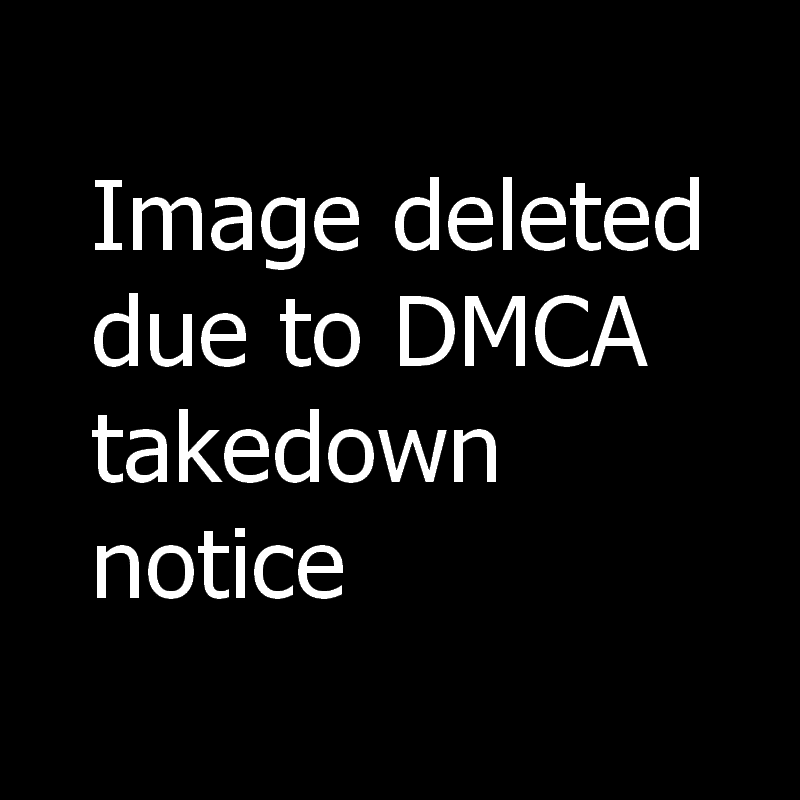Last week, the Ninth Circuit Court of Appeals handed down a ruling in the “dancing baby” case that will affect every copyright holder that seeks to send out a DMCA takedown request. The court held that a copyright holder must consider an infringer’s fair use before sending out a takedown notice, or open itself up to paying the recipient’s attorney’s fees under the DMCA.
The DMCA (Digital Millennium Copyright Act) allows copyright holders to issue notices to ISPs (Internet Service Providers) that direct the ISP to remove or “take down” the copyright holder’s copyrighted material if it is infringing. The takedown request serves as notice or knowledge that the ISP is hosting infringing content; therefore, if the ISP does not remove the content, it can be roped into an infringement lawsuit as a contributory infringer.
To avoid overzealous copyright holders from bullying ISPs and users who post content, the DMCA provides two “checks.” First, the poster of the allegedly infringing content can file a counter-notification, which serves as a procedural version of “calling the bluff” of the copyright holder. Once served with a counter-notification, the ISP can keep the contested content online unless the copyright holder files a lawsuit within two weeks of the counter-notification being filed. Second, Section 512(f) of the DMCA imputes damages (in the form of attorney’s fees) on either party if they “knowingly, materially misrepresent” the infringement.
The “dancing baby” case featured a YouTube video of a baby dancing to Prince’s song “Let’s Go Crazy.” Universal, the owner of the copyright to the song, sent a takedown request to YouTube claiming the video infringed on its copyright. The creator/poster of the video sent a counter-notification and reposted the video. The creator then brought suit under 512(f), claiming that Universal has sent the takedown notification as a bully tactic, presumably to appease Prince, and should have known that her use was protected by the affirmative copyright defense called fair use. The Ninth Circuit agreed with her, and held that by not considering her fair use of the video, Universal knowingly, materially represented the infringement in its original takedown request.
This decision could be pretty impactful for two reasons. One, thousands of takedown requests are sent out by copyright holders every day. Copyright holders will now have to pay their lawyers the extra money it will cost to analyze a fair use defense before each of those requests are sent out. This bleeds into the second reason this decision could be so impactful: the fair use defense is notoriously unpredictable and fact-specific. And it is that way on purpose—it provides alleged infringers, like the creator of the dancing baby video, to argue that even though they may have literally infringed upon a copyright, they used the copyrighted material in such a way that society recognizes as “fair.” Generally, things like use in education, non-profits, and news reporting are considered fair use. But courts have also developed a very convoluted “transformative” test that says if an alleged infringer sufficiently “transformed” the copyrighted content (probably what the creator of the dancing baby video would argue), it can be considered fair use. What constitutes transformation? Good luck with that.
So at the end of the day, this decision may overly burden copyright holders in their attempt to remove infringement of their works online, or, it may properly protect users from the “bullying” of overzealous copyright holders. Only time will tell if the court struck the proper balance.
If you are a copyright holder looking to remove infringing content from the Internet, or have yourself been served with a DMCA takedown request, please contact one of our expert Copyright Attorneys at 231-714-0100.




